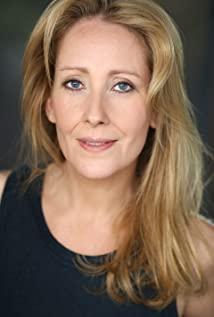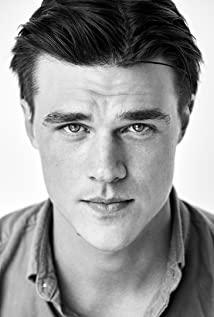A very depressing biopic.
Judy Garland's acting career is being held hostage by profit-seekers. She has no freedom. Under the double pressure of her "incompetent mother" and her cold-blooded boss, she is forced to accept all arrangements. At the same time, she is constantly reminded that she is a "hicken", her father is gay, and her mother only cares about what her boss thinks of her.
Perhaps the happiest moment of her childhood was that impulsive diving.
She is so beautiful underwater, temporarily forgetting all troubles and enjoying a moment of peace.
Heavy burden leads to depression, depression guides resistance, and resistance drives out prosperity; after prosperity, it is all desolate.
The ups and downs of career and the setbacks of love come in parallel, and finally end up alone.
In order to compete for custody of her children and to become a "competent mother", she was forced to perform in the UK. However, the torment of laryngitis and the lack of energy caused by taking medicine for a long time made her in such a bad state during the performance that she was scolded and stepped down.
In order to perfectly present the last stage performance in her life, she asked Lonny, who was about to take the stage, to replace herself. This time, she did not lose her voice, did not laugh at the audience, and of course, did not arrive late...
The performance went to a climax with the sound of Over the Rainbow, and the film came to an end with the arrival of the climax. Judy Garland's life finally came to an end.
She longs to be loved and does not want to be forgotten. To be loved is the value of her life that she pays all she expects.
Go beyond the protagonist of the biography and discover what can be said about the expression of film as art.
The film focuses on the last year of Judy Garland's life. In the process, it adopts the mode of interlude to review Judy's childhood experiences.
The fly in the ointment is that the ending turns abruptly - Judy's last two performances, the audience's performance is diametrically opposite, logically reasonable, but the presentation lacks transition, making the plot too dramatic.
The sound of Over the Rainbow is the climax of the performance, but it fails to make the plot really climax, so the film ends like this, which is a little thin. Although it is a skill to stop abruptly, but the heat is not enough, it will only confuse the audience.
However, Renee Zellweger's performance should be vivid, and it goes without saying that the title of Best Actress at the Oscars is an affirmation of her accurate restoration of the role.
It's wonderful to say that Judy Garland, who pursued the Oscar-winning actress but was unsuccessful, after her life was written into a biography, the performer Renee Zellweger became the Oscar-winning actress. This can be considered a fulfillment of Judy's dream. In any case, today we still answer Judy's question with actions-she will not be forgotten by people.
View more about Judy reviews











